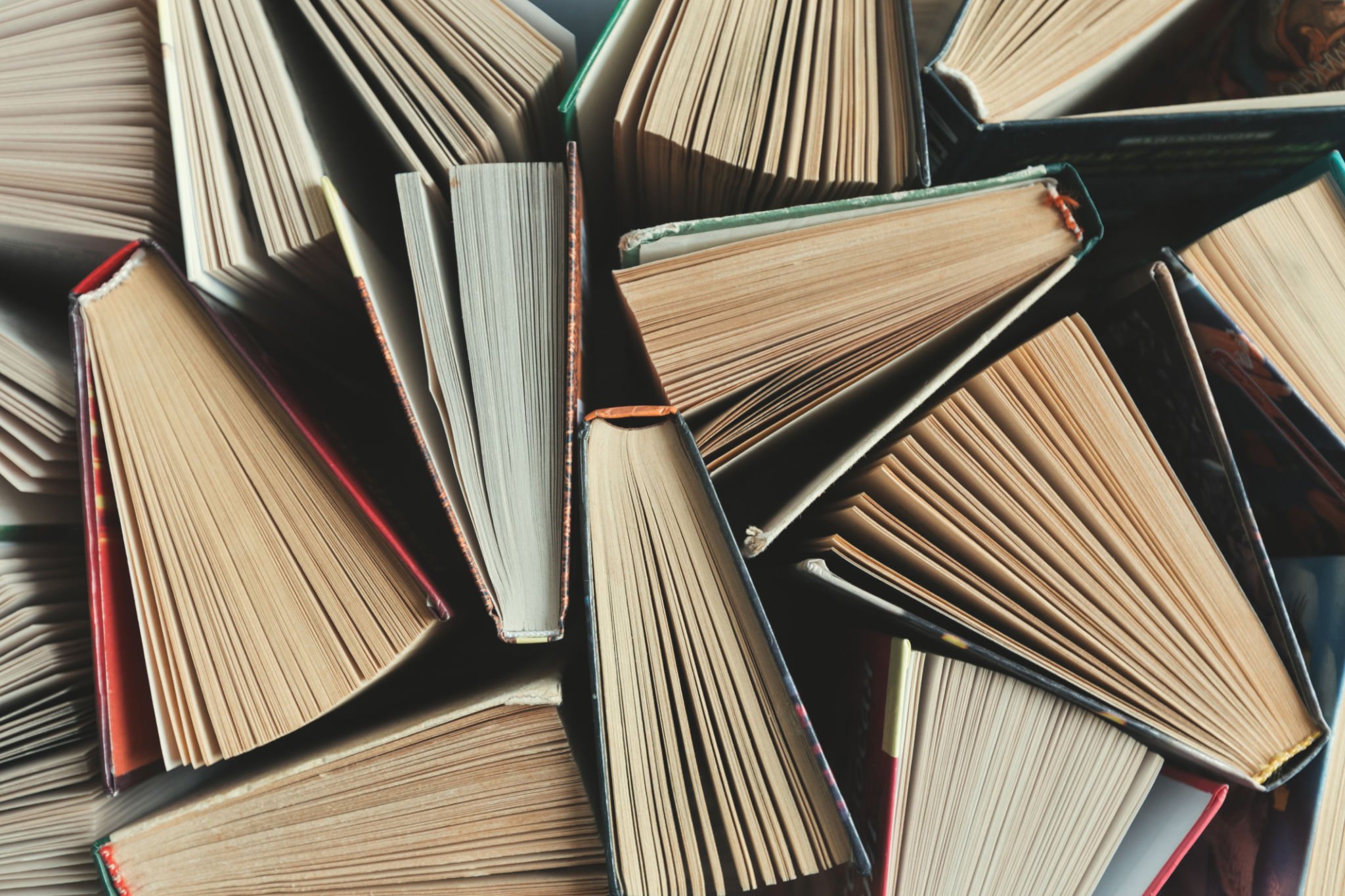Famous Philosophers and Their Impact on Modern Education
Introduction to Philosophical Influence
Philosophy has been a guiding force throughout history, influencing various aspects of human life, including education. The ideas of famous philosophers have shaped modern educational systems, providing foundational principles that continue to guide teaching methods and learning environments. This post explores how the thoughts of some renowned philosophers have impacted education today.

Socrates and the Socratic Method
One of the most influential figures in philosophy, Socrates introduced the Socratic Method, a form of cooperative argumentative dialogue. This method, which involves asking and answering questions to stimulate critical thinking, is widely used in modern education to develop analytical skills. Teachers often employ this technique to encourage students to explore complex concepts and engage in deeper learning.
The Socratic Method's emphasis on dialogue and inquiry has made it a staple in classrooms worldwide, fostering an environment where students are encouraged to question and think independently. This approach helps build a strong foundation for lifelong learning and intellectual curiosity.
John Dewey and Experiential Learning
John Dewey, an American philosopher and educator, was a staunch advocate of experiential learning. He believed that education should be grounded in real-world experiences and that students learn best by doing. Dewey's ideas have greatly influenced modern educational practices, emphasizing the importance of interactive and hands-on learning experiences.

Dewey's impact is evident in contemporary project-based learning, where students work on real-world projects to apply their knowledge. This approach not only enhances understanding but also helps students develop critical thinking and problem-solving skills necessary for success in today's world.
Jean-Jacques Rousseau and Child-Centered Education
Jean-Jacques Rousseau, a philosopher known for his views on education, advocated for a child-centered approach. He believed that education should focus on the natural development of children, allowing them to explore their interests and learn at their own pace. This philosophy laid the groundwork for modern educational practices that prioritize individual learning styles and needs.
The influence of Rousseau is evident in personalized learning plans and differentiated instruction used in schools today. These methods cater to the diverse needs of students, ensuring that each child receives the support necessary to thrive academically.

Maria Montessori and Self-Directed Learning
Maria Montessori, an Italian physician and educator, revolutionized education with her approach to self-directed learning. Her philosophy emphasizes the importance of providing children with a prepared environment where they can explore and learn independently. Montessori's methods encourage autonomy, creativity, and a love for learning.
Today, Montessori schools worldwide continue to implement her principles, allowing students to take ownership of their learning journey. This approach fosters self-motivation and confidence, equipping students with the tools they need to succeed in an ever-changing world.
The Lasting Legacy of Philosophical Thought
The contributions of these philosophers demonstrate the profound impact that philosophical thought has had on modern education. From promoting critical thinking to advocating for experiential learning and personalization, these ideas continue to shape teaching practices and educational systems globally.
As educators and policymakers look toward the future, the influence of these philosophical giants remains a guiding light, ensuring that education evolves to meet the needs of future generations while preserving the core principles that have stood the test of time.